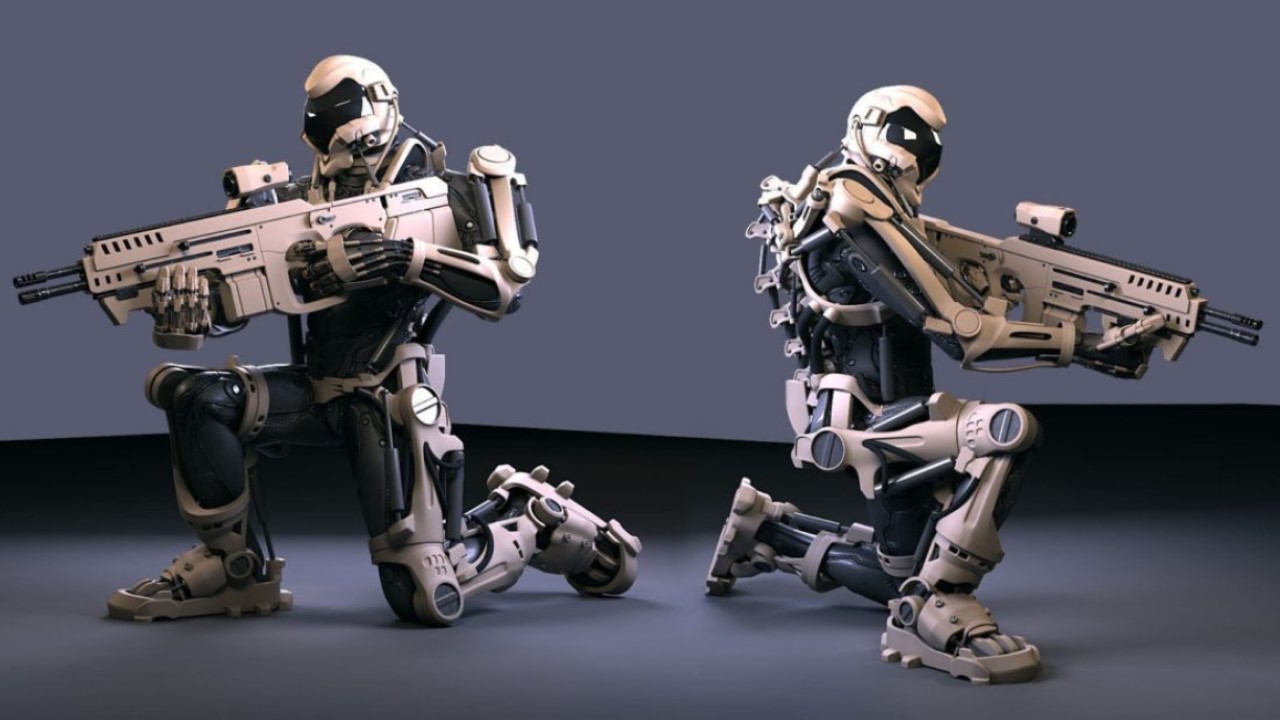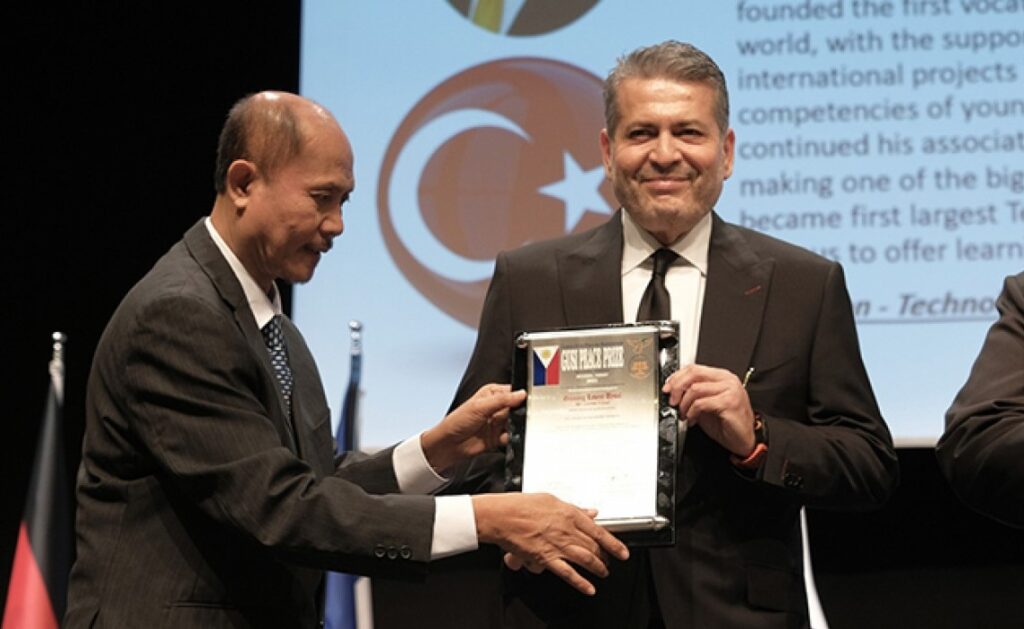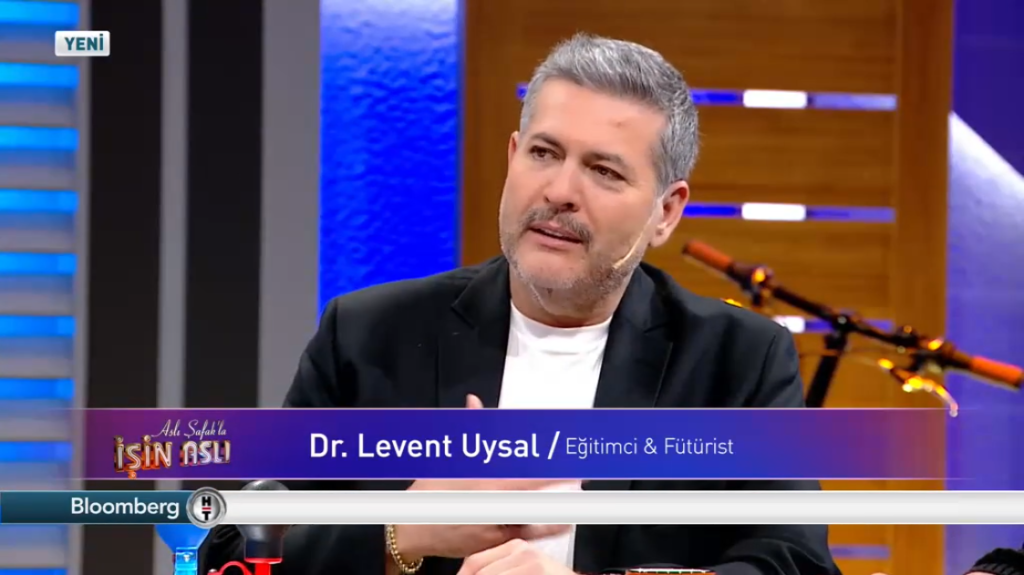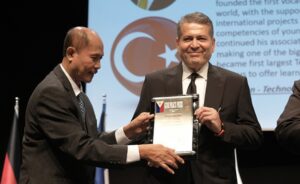From Industry 1.0, which started with the invention of steam machines, to 2.0 that emerged with the transition to mass production and the use of electricity, to Industry 3.0 brought about by automation in production that emerged with the digital evolution, and then to Industry 4.0 with the development of information technologies and the emergence of the Internet of things.
The change is not over here. On the contrary, humanity has been in more radical changes in social, cultural, political and military fields than ever before. Technological developments are the basis of these radical changes. The biggest indicator of this situation is society-oriented unmanned technologies such as the Industry 5.0 model and artificial intelligence; These can be defined as machines and computer programs that can think, interact with their surroundings, consist of networks and data developed on the basis of statistical algorithms and the human brain sample, and make decisions by making logical inferences.
Firstly, at the IT Fair CeeBIT 2017, Industry 5.0, which was mentioned by the Prime Minister of Japan, and together with it, the Society 5.0 model, which is based on the smart society philosophy that will properly manage technological power, emerged.
This model of society envisioned the idea of a “Super Intelligent Society” and an inseparable union between people and community-oriented unmanned technologies. Accordingly, as the presidents of many countries such as the USA, China and Russia mentioned in their statements; Countries where artificial intelligence can be produced will have the opportunity to shape the future and rule the world.
While artificial intelligence has become such an indispensable component of the social structure; it cannot be expected to remain independent from the war environment. Especially, while the variety of information sources and the volume of data collected from radars, unmanned aerial vehicles, early warning systems, intelligence sources and military operations environments have increased and continues to increase rapidly; The inclusion of artificial intelligence in war strategies and even its rise to a position to determine the course of war cannot be avoided.
Without artificial intelligence, processing and interpretation of data and resources would have been impossible. However, with artificial intelligence, data can be analyzed and processed in a very short time and logical results can be produced, with almost zero errors. As a result, military decision-making times are shortened, more effective and accurate decisions can be made, real-time enemy activities and possible threats can be monitored second by second, and preventive actions can be taken in the most accurate way before it is too late.
Accordingly, it is an undeniable fact that artificial intelligence and military power take a different form.
Wars of tomorrow; It will be based on the combination of soldiers, drones and artificial intelligence-based systems. Accordingly, China defined artificial intelligence technology as a strategic capability in its national strategy published in 2017. France has determined artificial intelligence technology as indispensable in order to establish superiority in the field of operation. Especially the US military is currently working to develop the “Internet of Things Warring” model, which we can call a vast war network consisting of machines and people, after the Internet of Things.
According to the reports they published in 2018, summarizing the face of the artificial intelligence-powered wars of the future; There will be artificial intelligence support behind every technology, from independent ground sensors, guided missiles, unmanned aerial vehicles to insect-sized mobile sensors and huge vehicles that can carry military units and materials. Besides, in addition to ‘smart things’, cyber robots will be involved in the war and these robots will be inside the entire cyber system, such as various computers and networks, and will move in cyberspace.
Although the involvement of artificial intelligence in wars seems scary, since it will have high deterrence, developing artificial intelligence technology will bring economic gain and in cases such as nuclear attack and defense, human-induced errors can be prevented and many disasters can be prevented; It actually creates a positive picture. Decisions will be taken much faster, without hesitation and correctly, and civilian losses and loss of resources will be minimized.
As a result, the transition from knowledge-based war strategies to AI-based strategies has already begun, and countries have embarked on a tech war, which supports the proposition that the fight in the field of AI will shape future wars. What we have to do here is; To be equipped with the knowledge and competence to recognize, produce and manage these technologies, and to raise generations with this knowledge and competence. Only in this way, we can participate in the artificial intelligence race and have a say in the future, and we can achieve positive results from the involvement of artificial intelligence in wars.
https://onedio.com/haber/levent-uysal-yazio-savaslari-yeniden-mi-icat-ediyoruz-970355






